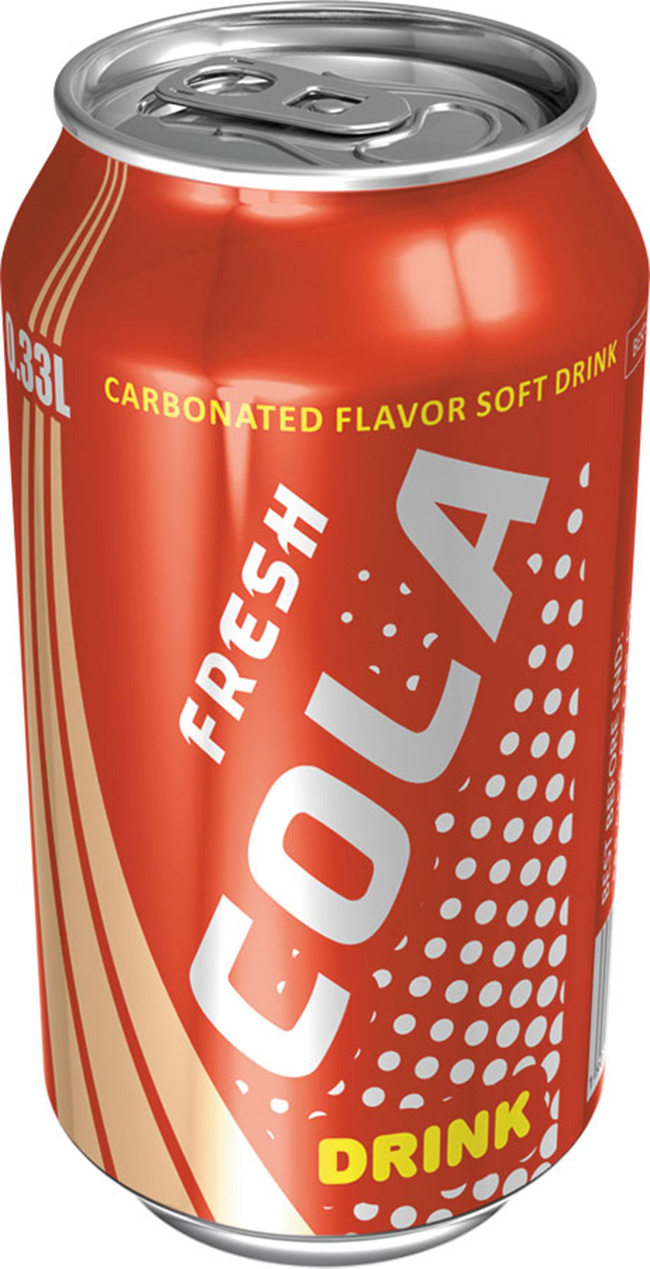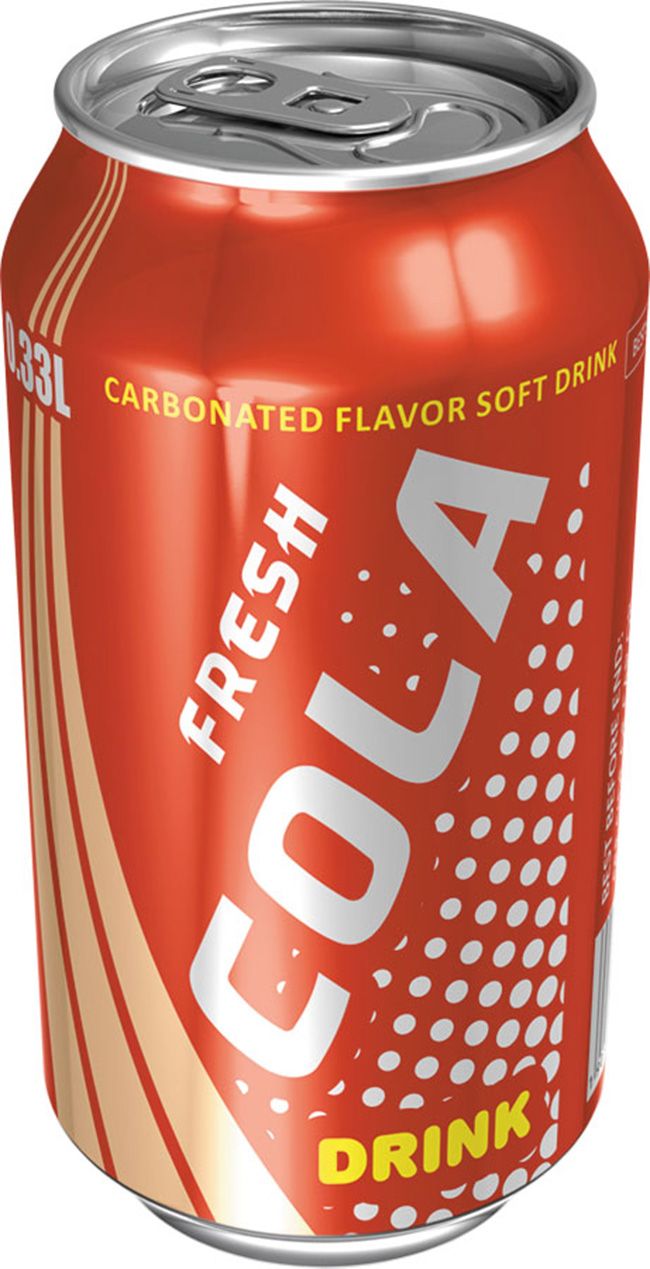Previous studies have linked added sugar, such as in non-diet soft drinks and other beverages, to increased risk of key factors in heart disease-including weight gain, hypertension, type 2 diabetes and unhealthy cholesterol levels. Now, for the first time, a new analysis of nationwide dietary data has found an association between consumption of added sugar and higher risk of death from cardiovascular disease.

This is an interesting observation; however, it is important to note that it is only an association, says Alice H. Lichtenstein, DSc, director of Tufts HNRCA Cardiovascular Nutrition Laboratory. Whether it is the non-diet soda or another diet and lifestyle behavior that co-varies with non-diet soda intake, resulting in the lower heart disease risk, cant be determined. Having said that, eliminating non-diet soda is an excellent way to cut calories, so regardless of whether the effect is direct or indirect, making the change will have a benefit.
Added sugars are those that arent found naturally in foods or beverages, but that are added in manufacturing products such as non-diet sodas, ice cream and other desserts, fruit drinks and candy. The new study, for example, did not count fruit or fruit juice as sources when calculating added-sugar intake. Although all sugars affect the body the same, those that occur naturally in fruit, juice, milk and other foods also come with important nutrients that help offset any negatives. Sugars such as those in soft drinks and candy contribute only calories.
CALCULATING RISK: The new study, led by Quanhe Yang, PhD, of the Center for Disease Control and Prevention, and published in JAMA Internal Medicine, used data on nearly 43,000 participants in the National Health and Nutrition Examination Survey. Most were followed for 22 years. Those who reported consuming 25% or more of their calories from added sugars-one in 10 participants-were at nearly double (175%) the risk of dying from cardiovascular disease. Even those getting 10%-24.9% of calories from added sugars were 30% more likely to die of cardiovascular causes than those consuming less than 10%.
How much sugar does it take to total 10% of calories? In a 2,000-calorie daily diet, one and a half cans of regular soda-containing about 35 grams of sugar per can-would top the 10% mark.
Non-diet soft drinks stood out in the analysis as contributors to cardiovascular disease leading to death. Participants who averaged seven soda servings per week-just one a day-were 29% more likely to die from cardiovascular causes than those consuming less. Nationally, soft drinks are the single largest source of added sugar in the American diet, at 37.1%.
UNHEALTHY AVERAGE: Most of the adults in the study (71.4%) consumed at least 10% of calories from added sugar in the latest period surveyed. The average percentage of calories from added sugar rose from 15.7% in 1988-1994 to 16.8% in 1999-2004, but dropped to 14.9% in 2005-2010.
The American Heart Association recommends limiting added sugars to no more than 150 calories a day for men and 100 for women. (One 16-ounce non-diet soda contains about 150 calories from added sugars.) And in March the World Health Organization revised downward its recommendations, saying sugar should contribute no more than 5% of calories.
LOOKING TO LABELS: In an editorial accompanying the publication of the study, Laura Schmidt, PhD, MPH, of the University of California-San Francisco, commented that the research underscores the likelihood that, at levels of consumption common among Americans, added sugar is a significant risk factor for cardiovascular disease mortality above and beyond its role as empty calories leading to weight gain and obesity. Yang et al. underscore the need for federal guidelines that help consumers set safe limits on their intake as well as evidence-based regulatory strategies that discourage excess sugar consumption at the population level.
Recently proposed changes in nutrition labeling (see NewsBites) would require a separate line for added sugars. Current Nutrition Facts labels list only total sugar content, which includes naturally occurring sugars as well as those added in the form of sugar, high-fructose corn syrup and a confusing array of other sweetener ingredients.
























